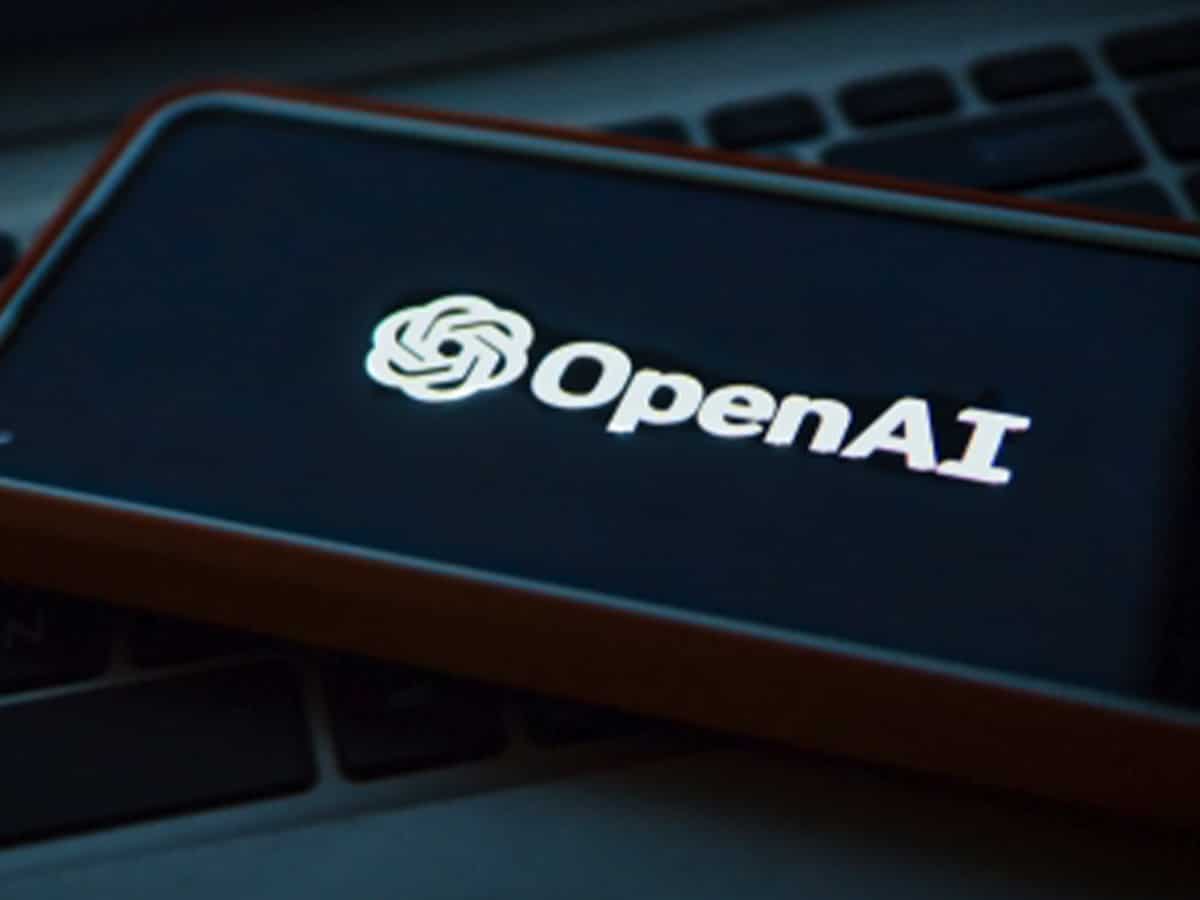
San Francisco: Sam Altman-run OpenAI has said it is “having productive conversations” with creators around the world, including the Authors’ Guild, as more prominent authors sued the ChatGPT developer for copyright infringement.
The Authors’ Guild and 17 well-known authors like Jonathan Franzen, John Grisham, George R.R. Martin, and Jodi Picoult have filed a fresh lawsuit in the Southern District of New York against OpenAI.
According to the complaint, OpenAI “copied plaintiffs’ works wholesale, without permission or consideration” and fed the copyrighted materials into large language models (LLMs).
OpenAI told Forbes that it has been “working cooperatively to understand and discuss their concerns about AI.”
“We’re optimistic we will continue to find mutually beneficial ways to work together to help people utilise new technology in a rich content ecosystem,” the Microsoft-backed company said.
The authors alleged that OpenAI’s LLMs could result in derivative work “that is based on, mimics, summarises, or paraphrases” their books, which could harm their market.
OpenAI could have trained GPT on works in the public domain instead of pulling in copyrighted material without paying a licensing fee, they alleged.
This is not the first time authors have sued OpenAI for copyright violations and illegally using their works to train its chatbot called ChatGPT.
Earlier this month, authors Michael Chabon, David Henry Hwang, Rachel Louise Snyder and Ayelet Waldman alleged in a lawsuit that OpenAI benefits and profits from the “unauthorised and illegal use” of their copyrighted content.
In July, comedian and author Sarah Silverman, along with authors Christopher Golden and Richard Kadrey, sued OpenAI and Mark Zuckerberg-owned Meta over dual claims of copyright infringement.
The lawsuits alleged that OpenAI’s ChatGPT and Meta’s LLaMA (a set of large language models) were trained on illegally-acquired datasets containing their works.



